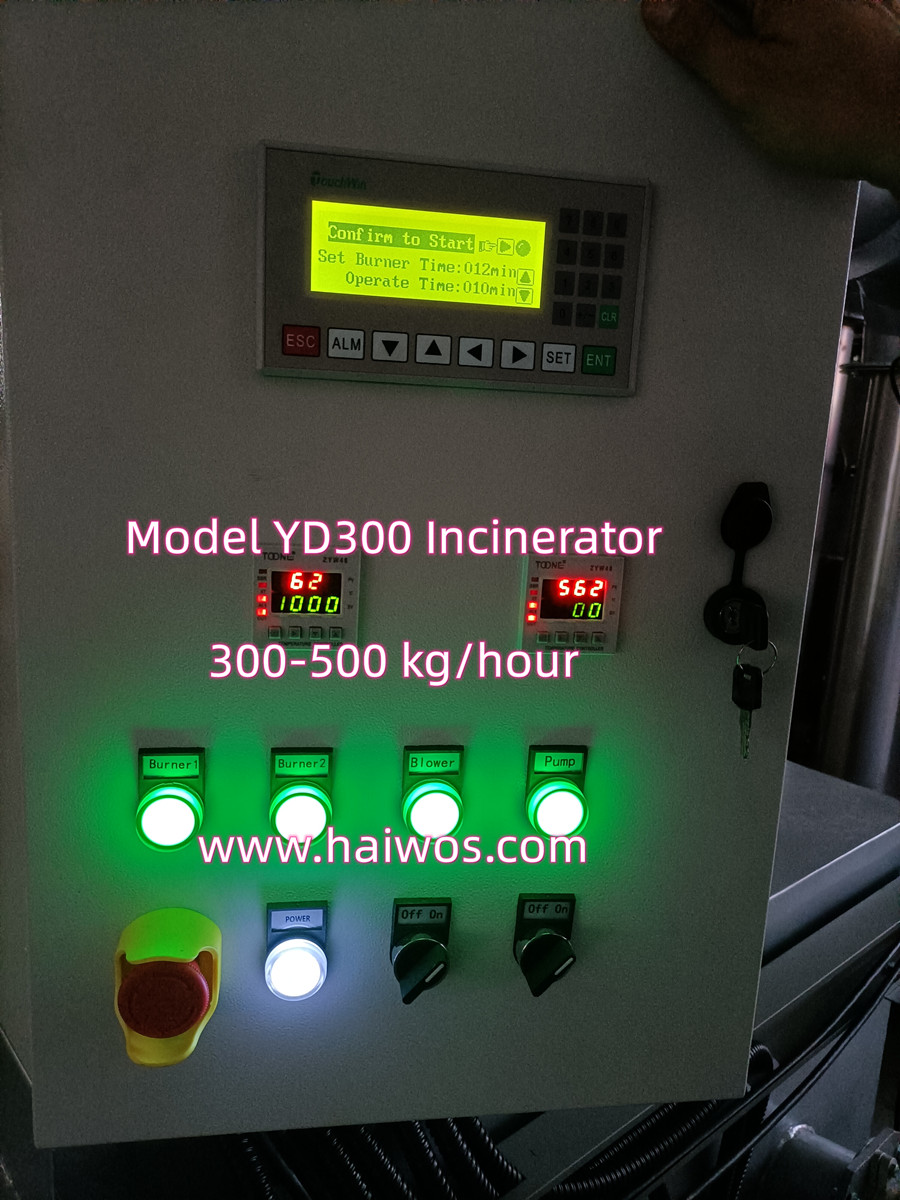As the world’s population continues to grow and urbanize, the demand for effective waste management solutions is becoming increasingly crucial. One of the key trends in the waste management industry is the construction of incinerators, which are gaining popularity as a sustainable and cost-effective way to dispose of waste.
Incinerators are designed to burn solid waste at high temperatures, reducing the volume of waste and generating energy in the form of heat. This process not only reduces the amount of waste that ends up in landfills, but it also produces electricity and heat that can be used for various purposes.
One of the major trends in incinerator construction is the focus on environmentally friendly and efficient technologies. Modern incinerators are equipped with advanced pollution control systems that minimize emissions of harmful pollutants such as dioxins, furans, and heavy metals. This ensures that the process of waste incineration is carried out in a safe and sustainable manner, while also meeting stringent environmental regulations.
Another trend in incinerator construction is the integration of waste-to-energy technologies, which allow for the generation of electricity and heat from the combustion of waste. This not only reduces the reliance on fossil fuels for energy production but also provides a valuable source of renewable energy.
Furthermore, incinerators are being designed to handle a wide range of waste streams, including municipal solid waste, medical waste, and industrial waste. This versatility allows for a more comprehensive approach to waste management, providing a solution for a variety of waste types.
In addition to technological advancements, the construction of incinerators is also being driven by a growing awareness of the need for sustainable waste management solutions. As governments and organizations around the world look for ways to reduce their carbon footprint and minimize the impact of waste on the environment, incinerators are increasingly being seen as a viable option for managing waste in a responsible and efficient manner.
The future of waste management is likely to see an increase in the construction of incinerators as the demand for sustainable and cost-effective waste disposal solutions continues to grow. With a focus on environmentally friendly technologies, waste-to-energy integration, and versatile waste handling capabilities, incinerators are poised to play a key role in the future of waste management. As the industry continues to evolve, incinerators will undoubtedly be at the forefront of sustainable waste management practices.



